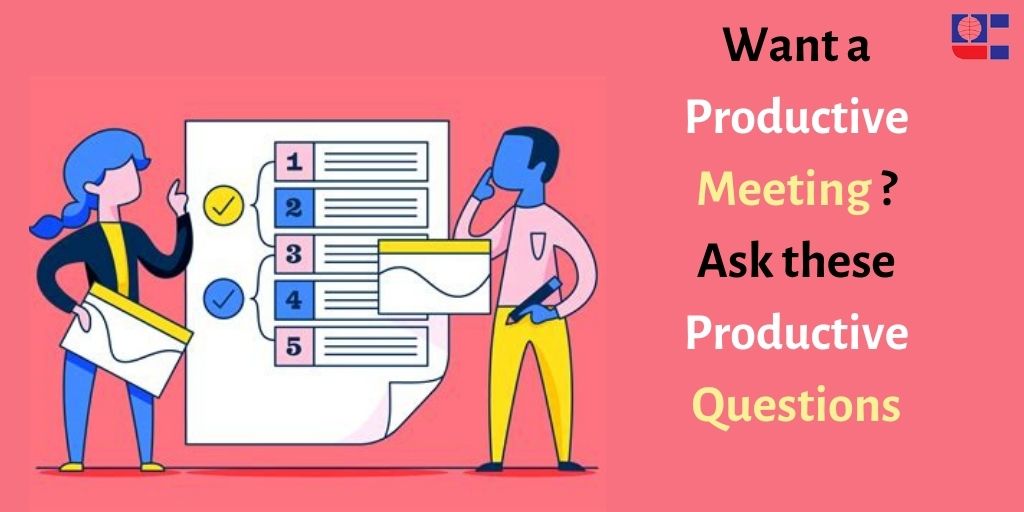
As a candidate, have you ever wondered what sort of questions to ask the HR or the talent acquisition team at the company you have an interview with? We have talked about something similar in one of our earlier articles, so let us delve a bit deeper into this. These questions will also help you as a candidate to understand where the firm or company that is hiring stands in terms of what it expects from you, and it will also give you an insight how the company functions.
So, what are the kind of questions the candidate can ask, and the HR should be prepared about? What sort of questions can you ask when they say ‘Do you have any questions for us?’ Note that usually, only two or three questions are entertained, so it is a good idea to pick on what matters to you the most, and think about your questions accordingly.
Questions like:
What is the definition of success according to this company?
What could be my trajectory in this company?
What is expected from me in the coming months/next six months/a year from now?
Such questions can help one understand the expectations the company has from you in the long run. It will also help you understand what are the parameters of success here: for example, based on the answer, you can get an idea if the company measures success through sales, or networking, or by the number of hours clocked in, or project by project basis and so on.
Understanding the parameters can also help one understand what the path to future promotions looks like. This leads us to the next point.
Questions like:
In what ways is this role important for the growth of the company?
What are some challenges related to the role?
Asking a very direct question like ‘Why are you hiring for this role?’ might come across as a little rude and blunt. Instead, the questions mentioned here might help you get more detailed answers from the HR. The answers to these questions are likely to help you get an idea about the big picture as well as the day to day to issues surrounding the role. For example, is there a particular reason why this position is open, or if there’s a peculiar challenge that makes the role demanding in a certain way. This can be a great step towards actually getting prepared for the role!
But hey, the job isn’t just about the work. One might also want to get a sense of the work environment and this leads us to the next point. While it might be tempting to ask the questions about work culture and environment, there is something about those questions that could scream as ‘Red Flag!’ to the HR and it is necessary to use your observations instead of directly asking them. Read on.
Red Flag Questions to Not Ask:
What matters to the people who work here?
What do people like about working here?
Instead of asking the HR directly, keep these questions in your mind, and try to see what is it about the place that the people are enjoying. Moving through the office keeping these questions in mind can help you get a hint of the work- ethic company values, and what kind of a work environment does the company offer. A look at the office-workers’ overall mood, any announcement boards, decorations, how welcoming the desks look, and how relaxed or stressed the people are can give you answers to these questions without directly asking.
As articles by SparkHire and SHRM put it, asking certain questions can help the HR understand that you as a candidate are interested in this job, that you are serious about it. The right questions, when asked, the right things when observed, and certain ‘wrong’ questions when not asked, can help you to understand what it truly means to work at this new place that you are planning to be a part of.



